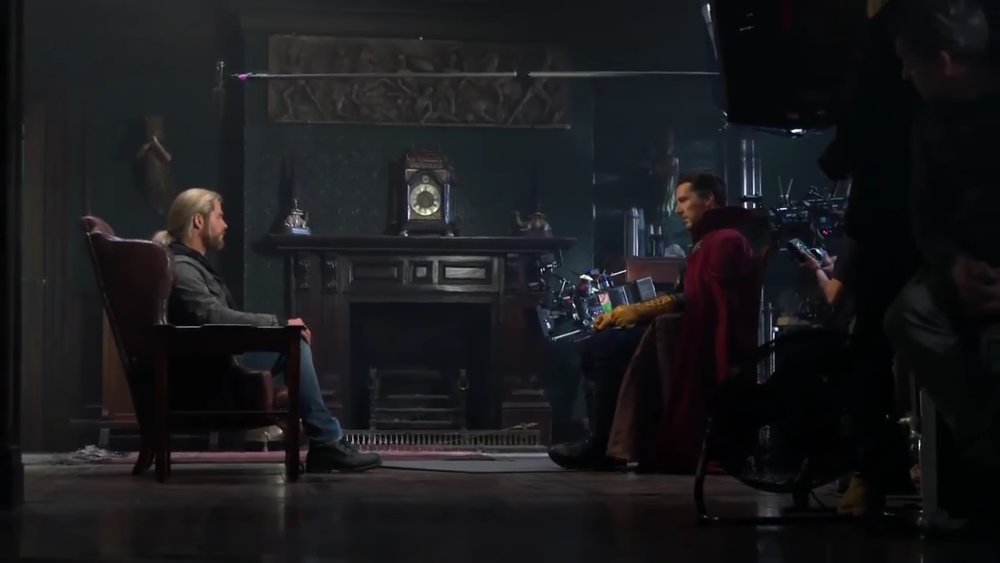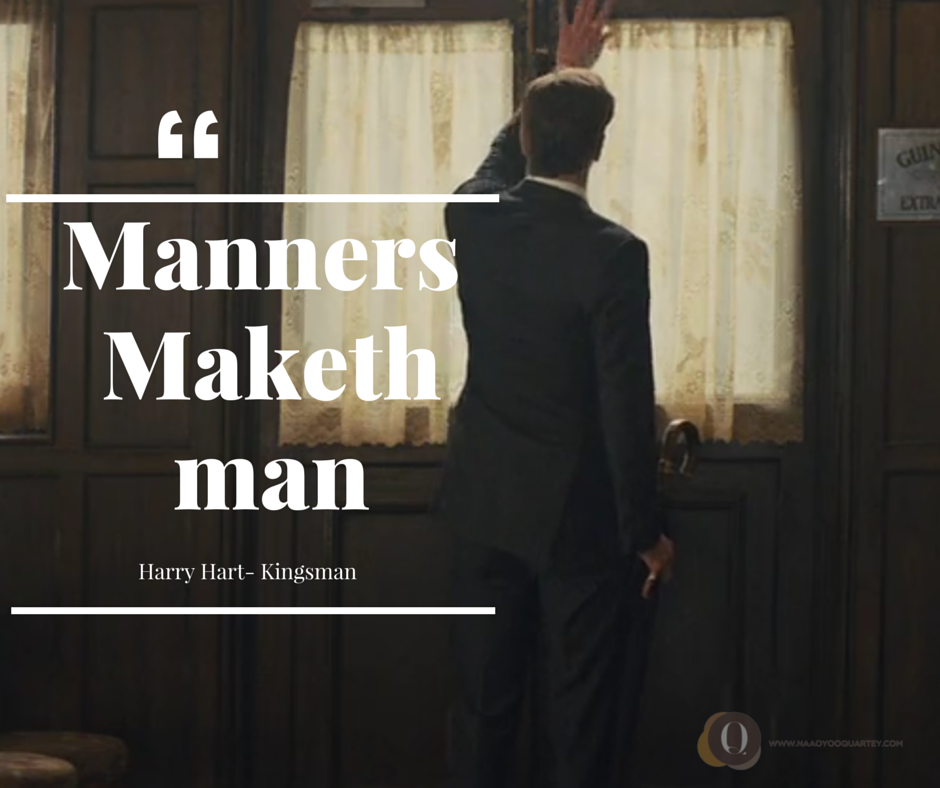 |
| Romantic comedy. Remember that. |
It’s awful.
Really awful.
I have no way to defend it.
But it keeps coming up on lists of “feel good Christmas films” and so we need to talk about Love Actually.
For those who have managed to avoid it, this is a Richard Curtis romantic comedy with an impressive cast who make up ten separate, but intersecting stories (apart from Billy Mack, who only seems to intersect by being on people’s TV screens and radios, but ok). At the point when the film was released, there were a smattering of well-known British stars in it, but the majority of the cast have now gone on to international acclaim (this is Andrew Lincoln pre-The Walking Dead, January Jones pre-Mad Men, Thomas Brodie-Sangster pre-Game of Thrones, Olivia Olson pre-Adventure Time). Like it or not, Love Actually is a great film if you’re playing 6 Degrees of Separation.
There’s no issue with any of that, per se. I quite like the concept although it’s better played out elsewhere (Pulp Fiction, or Crazy Stupid Love perhaps). What I do struggle with are the following things:
- The timeline makes no sense
I’m generally happy to ignore timelines, if I’m honest. But the good people at Love Actually seem to have gone out of their way to provoke
me. The film is really clear that the
action starts 5 weeks before Christmas, and ends on Christmas Eve (with a
one-month-later epilogue). So who in their
right minds decides that is the best time to create a Christmas single to get
the Christmas number 1/give children their parts in the nativity play (given
out in October, surely?)/book a venue for a work do in London at Christmas? And who is the teacher who casts Sam (Thomas
Brodie-Sangster) as a drummer two weeks before the carol concert when he hasn’t
learned how to drum yet?
It also means that the Jamie/Aurelia storyline runs thus:
Jamie finds out his girlfriend is cheating on him. Jamie goes to France. Hires Aurelia as his cleaner (why do you need
a cleaner – you’re not even away for a month!).
He writes. They misunderstand
each other for a while. He goes back to
London, learns Portuguese, she learns English, he returns to propose
(spontaneously), she accepts and they all live happily ever after. IN FIVE WEEKS!!!! Go to any school that teaches languages. In five weeks, you’re learning vocabulary for
food and animals, you’re not constructing impromptu romantic proposals. It means that Juliet/Peter get married, go on honeymoon, come back, while Mark splices together a creepy videotape that exorcises his best friend from his own wedding. Mark confesses his undying love, but it’s ok because he’s essentially over it in a month. Or he’s creepily still hanging round with his married friends. IN FIVE WEEKS!!!
So there is an issue about how much you can get done in 5 weeks. There’s also an issue about how those five weeks are constructed. Tony (Abdul Salis) – Colin Frissell’s mate – is deriding him about his love life at a wedding in one scene, and in the very next one (which is happening on the same time and on the same day) is directing Jack to massage Judy’s breasts “for the lighting”. Tony is constantly in two places at one time. It’s weird. I had a genuine concern for a while that I might be racist because I couldn’t tell two black actors apart. It took me so long to realise it was the same guy because my poor brain couldn't conceive that someone would keep putting the same guy in consecutive scenes of two storylines happening concurrently.
Jack and Judy in the meantime go out on a date on Christmas
Eve, part company at her door, kissing happens and then they…meet up again at
the school carol concert on the same night.
Let’s also talk about Joanna’s family. Her parents, knowing that they are due to emigrate
that night, allow their daughter to take part in the school carol concert, then
jump in a car to make the last flight to New York. This may be specific to my family (maybe your
family is different!) but my parents would have moved us into the airport a
fortnight before departure and forfeited the carol concert of their 9 year
old. No arguments. Just get in the car.
It doesn’t make sense.
- Poor representation of everyone who isn’t a white man.
There’s a tiny bit more diversity progress in terms of
sexuality. Sarah (Laura Linney) asks
Peter (Andrew Lincoln) if he’s gay.
Daniel (Liam Neeson) is forward thinking enough to consider that Sam
(Thomas Brodie-Sangster) might be developing feelings for another guy. The implication in both examples is that it
would be ok if they were. But they’re
not. All of the relationships are solely
heterosexual.
Now I’m not saying that you need to represent all
backgrounds, and all possible groups of people.
But when you have so many different people and so many different
stories, maybe have more than just the white, heterosexual people? And this complaint gathers a little more
force when you watch the deleted scenes – those stories were there and written,
cast and performed. Frances De La Tour
and Anne Reid were an older gay couple.
There were scenes of Kenyan friends talking about their
relationships. But those were the
stories that were cut. Those were the
stories that could be lifted out, wholesale, and not affect the rest of the plot. That sits uncomfortably with me. I’m not sure if Curtis believes that gay
people can only be friends with gay people, and black people can’t really be
friends with white people, but it would seem that way in his editing. He explains that these were the stories that
had to be cut for time, but conversely relays that Alan Rickman approached him
for the confrontation scene between Karen (Emma Thompson) and Harry (Rickman)
to be added. This was granted. Hmm...- The men win in the end. The women do not.
- Karen – cheated on. Her husband buys another woman a £200+ gold necklace (that looks like it’s made out of pasta, but whatever). She gets a scarf and CD. She is sad.
- Natalie – sexually harassed in the workplace by the Prime Minister of the UK and President of the US. Body shamed by her family and her work colleagues.
- Sarah – pressured to have sex by a one night stand who seems to believe that his need for sex trumps her need to comfort her mentally ill brother.
- Juliet – finds a video entirely made up of footage of her, taken by her husband’s best friend, less than a fortnight after her wedding. Stalked.
- Aurelia – a crowd of people turn up to her work to, ostensibly, watch her be murdered by a stranger
- Aurelia’s sister – told her father will willingly sell her to any man prepared to marry her. Body shamed.
- Nancy – told her work is worthless by a horny waiter (as he’s chatting her up)
- Carla – brought to the UK as some kind of duty free woman for Tony
- Britney Spears – we’re told she’s rubbish at sex, and she’s not even in the film
- Margaret Thatcher – called a “saucy minx”. Based on…being a woman, I guess.
Find me footage of women being respected in this film for 10
seconds. Or winning in any way. You can’t.
 |
| I know, Emma. |
Here’s what happens the men:
- Peter – happy (though doesn’t know his best friend fancies his wife)
- Mark – his best mate’s wife finds a video he made of her. She is oddly flattered. He turns up to his mates house to confess his undying love to his wife. She kisses him. No other consequences.
- Billy Mack – gets Christmas number one. String of sexual encounters. Is happy.
- Jamie – proposes to the woman he’s never had a conversation with. She joyfully accepts. The entire town celebrates.
- Daniel – meets the woman of his dreams who looks a lot like Claudia Schiffer.
- Sam – his childhood crush comes back from America.
- David – is declared a national hero for nearly starting a war with America because the President sexually harassed the object of his affection. Makes grand gesture at the expense of the taxpayer. Everyone mightily impressed.
- Harry – has affair. Wife takes him back (according to interviews with Curtis). No other consequences.
- Colin – has sex with at least four women he meets as soon as he lands in Wisconsin
- Tony – is brought Carla. She’s real friendly.
And Kevin. Remember Kevin? (in order to have a good workplace Christmas party)..."...bulk buy the guacamole and tell the women to avoid Kevin if they want their breasts unfondled." Not "let's maybe discipline Kevin in some way." Nope. I am aware of this sexual predator, and choose to ignore his behaviour. Instead it's your job, ladies, to make sure you aren't sexually assaulted in the workplace. Ugh.
 |
| Whoo! Stalking works! |
- No love
Love Actually is
touted as the ultimate romantic comedy.
What relationship shows actual, romantic love?
There’s lust aplenty. There’s crushes, yes. But romantic love? Lacking, actually.
I don’t know why I like this film. But maybe, as with all Christmas traditions,
it’s now just part of Christmas and I should accept it. Like chocolate for breakfast and deciding to
see as many people as I know before the arbitrary deadline of December 25th,
and falling asleep during Doctor Who because I had too many roasties. The big clue is Billy Mack pausing in what he’s
doing to say “this is shit, isn’t it?” and smiling and carrying on anyway.
Additional
thoughts, comments and questions:
- Spelling of Christmas
- Airport security
The fact that the Prime Minister of the UK comes through airport security and someone bursts through the crowd and leaps on him and isn’t immediately wrestled to the ground and/or shot is nothing short of a Christmas miracle.
- Electric Bills
- Gift wrapping










 No one showed any emotion except for shock. I found this completely unreal and it may help to explain why this film did not engage me. I know from reading other reviews that many found it deeply moving and engaging, including some women who did not expect to get much from it.
No one showed any emotion except for shock. I found this completely unreal and it may help to explain why this film did not engage me. I know from reading other reviews that many found it deeply moving and engaging, including some women who did not expect to get much from it.